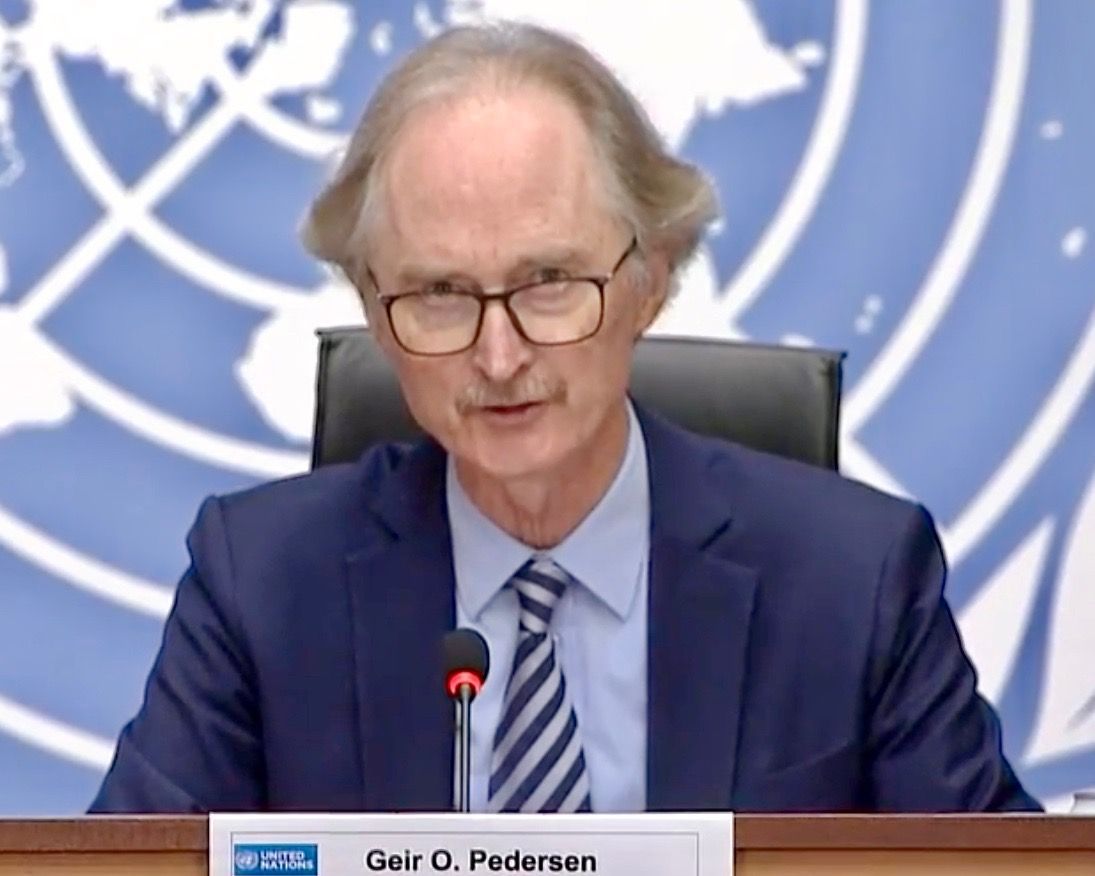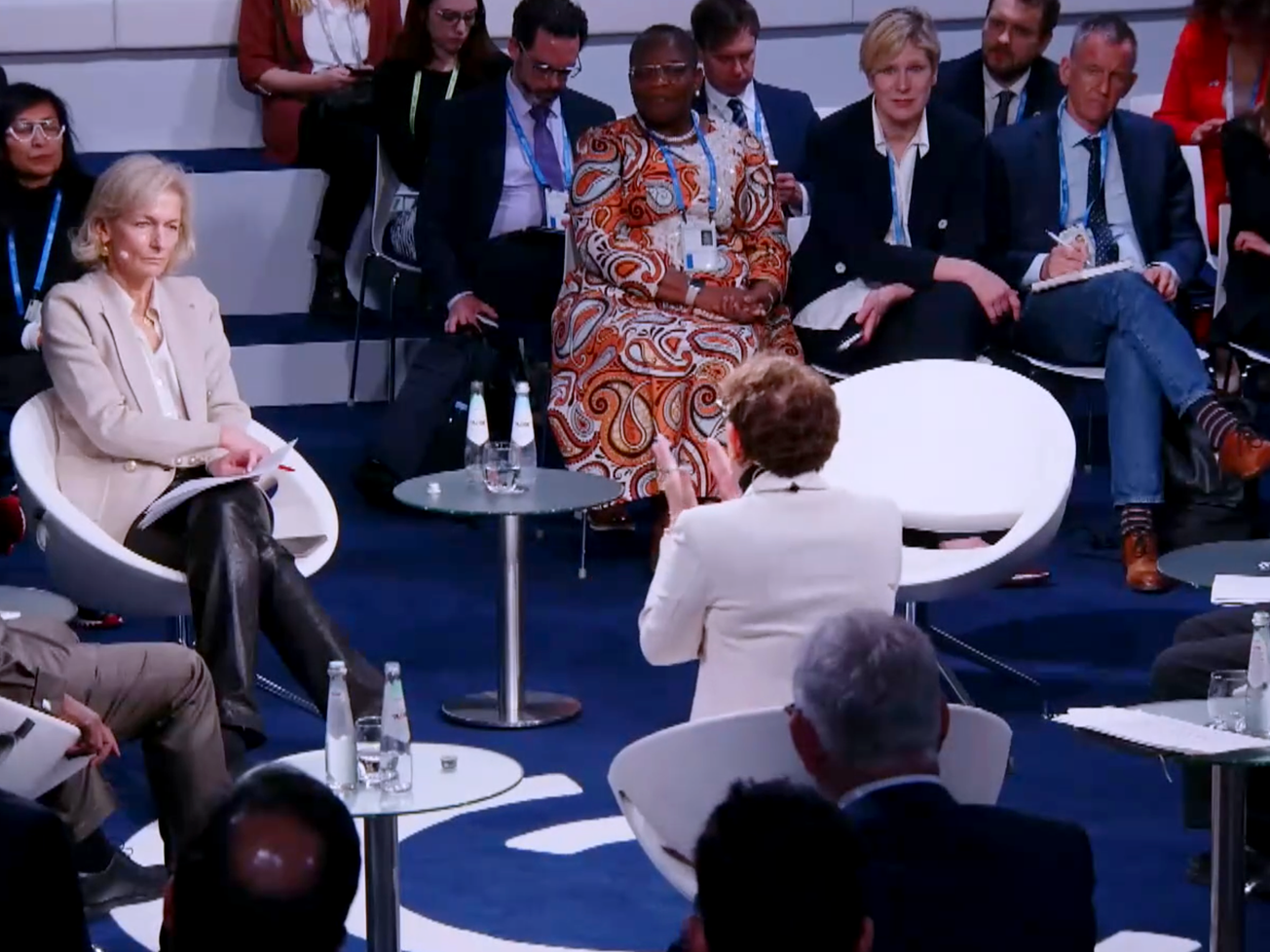GENEVA (AN) — Five days of discussions among three teams of Syrian representatives ended without progress in Geneva and further peace talks "can't continue like this," the U.N. special envoy to Syria, Geir Pedersen, told reporters.
Pedersen said on Friday after the fifth round of talks within the United Nations' European headquarters at the Palais des Nations that he was disappointed by the lack of progress and no further discussions were scheduled. The peace talks were held among three teams of government, opposition and civil society representatives, each with 15 members.
A Norwegian diplomat with experience in several U.N. roles, Pedersen has hosted rounds of talks in Geneva over the past year, despite the coronavirus pandemic, by using safety measures approved by Swiss health officials. Participants are part of a committee assembled to draft a new Syrian constitution — and a new system of national governance.
"And I told the 45 members of the drafting body that we can’t continue like this, that the week has been a disappointment," Pedersen told a press conference.
"I set out a few things I thought we should be able to achieve before we started this meeting, and I am afraid we did not manage to achieve these things," he said. "I believe the reason for that is that there has not been a proper understanding on how we are going to make progress in the committee."
Starting at @UNGeneva today:
— UN Geneva (@UNGeneva) January 25, 2021
The fifth session of the #Syria Constitutional Committee Small Body.
Follow @UNEnvoySyria for updates. pic.twitter.com/HiU5HcZU4V
A delayed vote?
Syria's civil war has killed more than half a million people and displaced half the nation's 22 million pre-war population. Sparked by President Bashar Assad’s crackdown on pro-democracy protesters in March 2011, the war is one of the 21st century’s worst humanitarian crises.
It also has led to the rise and fall and continued survival of the Islamic State militant group. Assad’s government, with backing from Russia and Iran, clung to power but agreed to changes in the nation’s charter; the opposition, supported by Turkey, wants a new constitution.
After previous failed Syrian peace talks in Geneva, fresh rounds began in 2019 under the auspices of the Syrian constitutional committee. The U.N.-authorized assembly is rooted in a 2015 U.N. Security Council resolution, but their discussions do not include representatives of militant extremist factions that still control parts of Syria.
Now, Western opponents of Assad's government, including the United States, have said they believe Assad is trying to delay presidential elections scheduled to be held in April and May before his seven-year term ends. That would also help Assad, who first came to power in 2000, dodge a Security Council-mandated vote supervised by the United Nations. Pedersen said he plans to brief the council in early February.
Asked whether the representatives of Assad's government had disappointed him the most, Pedersen said he offered a proposal "trying to get an agreement on how we can move forward" during the talks that was rejected by the head of Assad's delegation but was accepted by the head of the opposition's delegation.
"I wish life was so easy, so that I could tell you everything I am discussing with my diplomatic interlocutors, but that is obviously not possible," he added. "I had good meetings with my Russian interlocutors, also with Iran, also with Turkey, but as I said of course, also with a wider group of countries. And that will, of course, continue, and indeed be intensified during the next few days."







